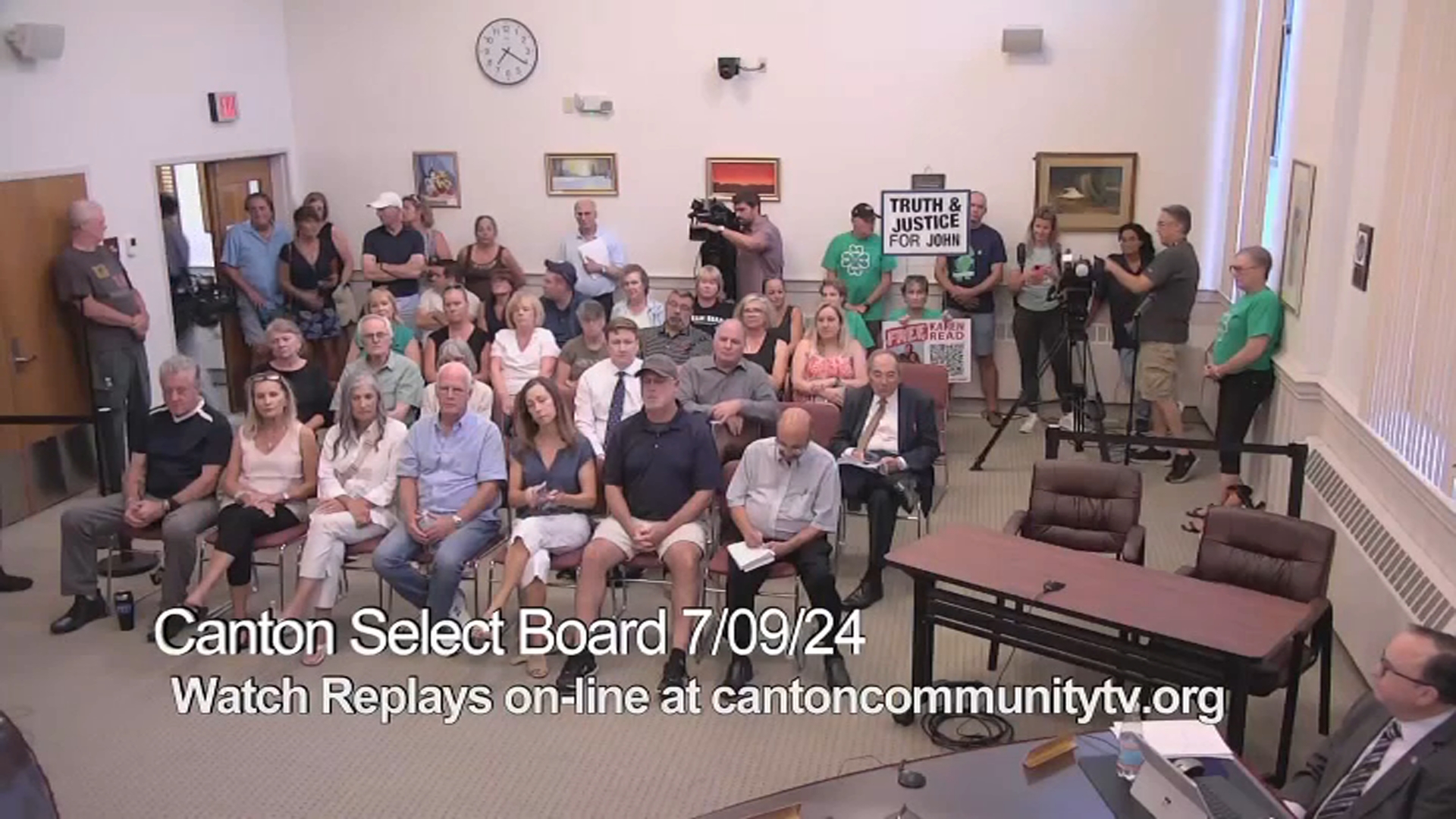Prosecutors in the Karen Read case have filed their response to the defense's request to dismiss two of the three charges against her in the death of her boyfriend, Boston Police Officer John O'Keefe.
The Norfolk District Attorney's Office opposes the motion, saying in a court filing Friday it's "premised upon hearsay, conjecture, and legally inappropriate reliance as to the substance of jury deliberations."
WATCH ANYTIME FOR FREE
Stream NBC10 Boston news for free, 24/7, wherever you are. |
Read's lawyers have said that they heard directly from a pair of jurors, and from others on the thinking of two more jurors, that the jury would have voted unanimously to find her not guilty on charges, including murder.
But prosecutors said in their new filing that "the jury's communications to the court explicitly indicated an impasse on all charges." They also noted that Read's lawyers never requested that Judge Beverly Cannone inquire what charge or charges the jury was deadlocked on.
Get updates on what's happening in Boston to your inbox. Sign up for our News Headlines newsletter.
Read was charged with murder in the second degree, manslaughter while operating a motor vehicle under the influence of liquor and leaving a scene of personal injury and death. She pleaded not guilty, and a mistrial was declared last week after a long trial that attracted international attention. Her team claims she was framed for the killing.
Read's legal team said Friday they were working on a "strong reply" to the prosecution to be filed next week.
Legal expert Peter Elikann, a criminal defense attorney in Massachusetts, said that if the jury did reach a verdict on two of the charges, it was unknown why they didn't say so. He called the back-and-forth in legal filings "extremely unusual."
"It would be interesting, at some point, if we could find out what went wrong here, why the jury, if this is true, did not understand that they could have made individual decisions on the individual counts, and it was not all or nothing," Elikann said.




